Research & Studies
The 10th International Kraft Conference held at the Institute of Advanced Studies Kőszeg welcomed over fifty speakers from nine different countries accross the globe. Please click the following link and scroll down for further information ont he programme here:
In our short recap we are giving a summary on the presentations held by Prof. Stefano Grimaz:
Prof. STEFANO GRIMAZ, Chairholder of UNESCO Chair on Intersectoral Safety for Disaster Risk Reduction and Resilience University of Udine – Italy
Prof. Stefano Grimaz is the Chairholder of the UNESCO Chair on Intersectoral Safety for Disaster Risk Reduction and Resilience at the University of Udine (Italy). Director of Safety and Protection Intersectoral Laboratory (SPRINT-Lab) at the Polytechnic Department of Engineering and Architecture of University of Udine where he is Professor of Engineering Seismology and of Safety and Civil Protection at the Master Degree Courses of Engineering and Safety management and Resilience at the Master Degree courses of Law. He carries out research on risk assessment, safety and emergency management with a holistic and intersectoral approach for developing multi-hazard safety assessment and decision-making support tools. He is scientific consultant of national and international institutions and organizations working in the fields of safety, emergency management and resilience. For his activities, he was awarded with the Order of Merit of the Italian Republic (4th Class Officer). He is author of more than 150 papers in the field of safety and risk prevention.
Professor Grimaz gave an insightful presentation on the ResiliEnhance Platform and the advancements that followed after the Udine Chart, launched in 2022. The platform connects scientific institutions based in the Central European Initiative area and various UNESCO Chairs. It aims to generate knowledge on ways to enhance resilience through “an interdisciplinary and innovative approach”. With the help of the program, high level decision- and policymakers are provided with recommendations on how to address sustainable development with resilience. The presentation was followed by a Q&A session and a discussion led by Prof. András Gelencsér (University of Pannonia).
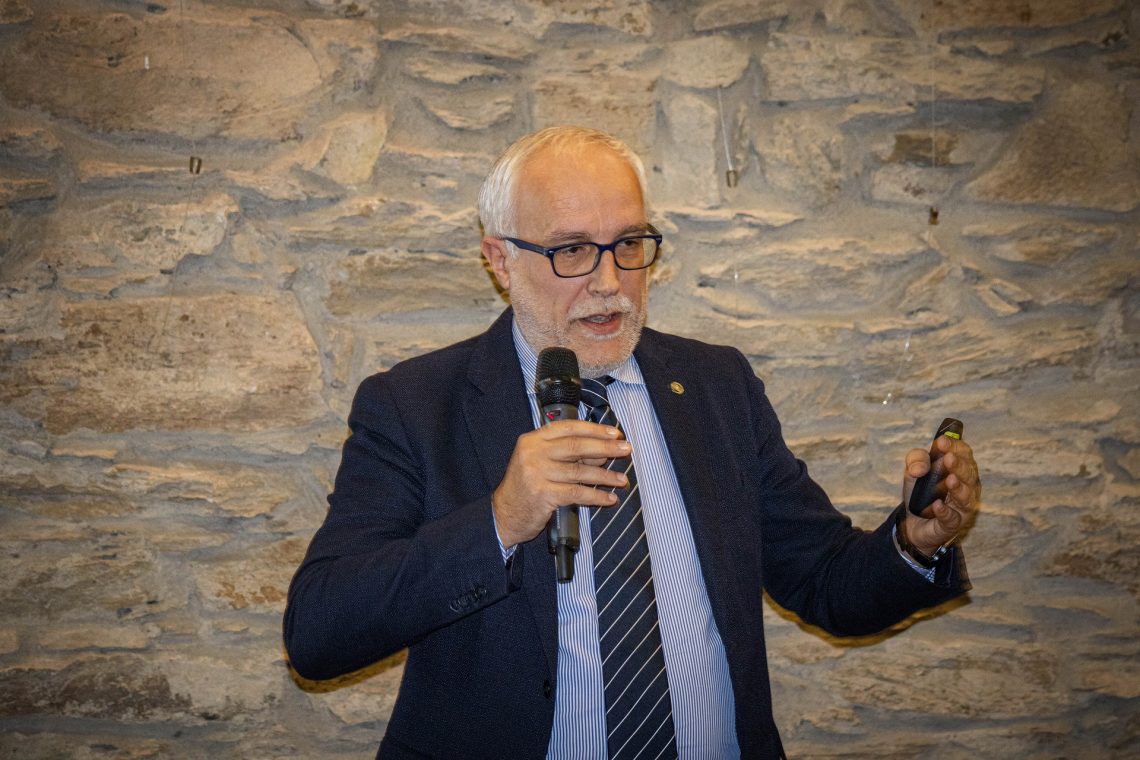
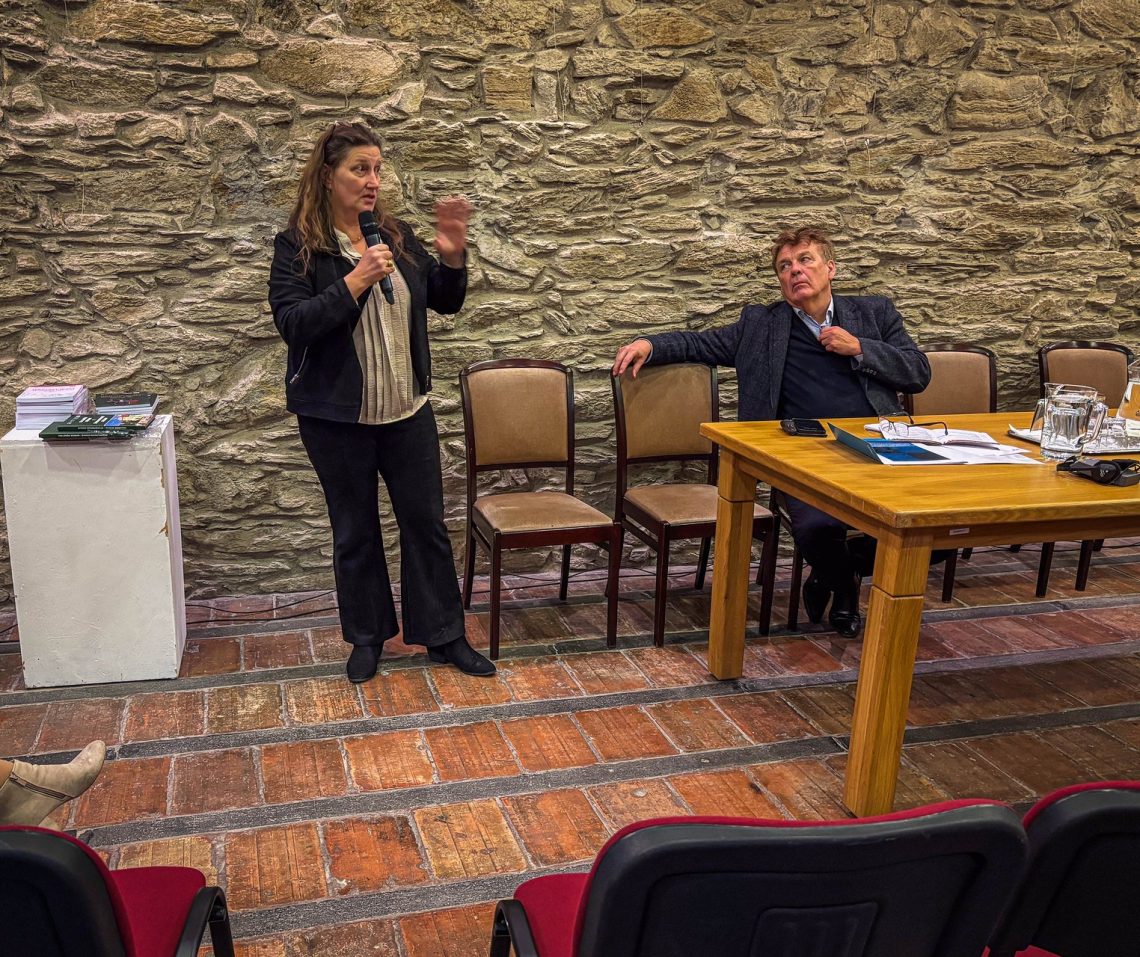
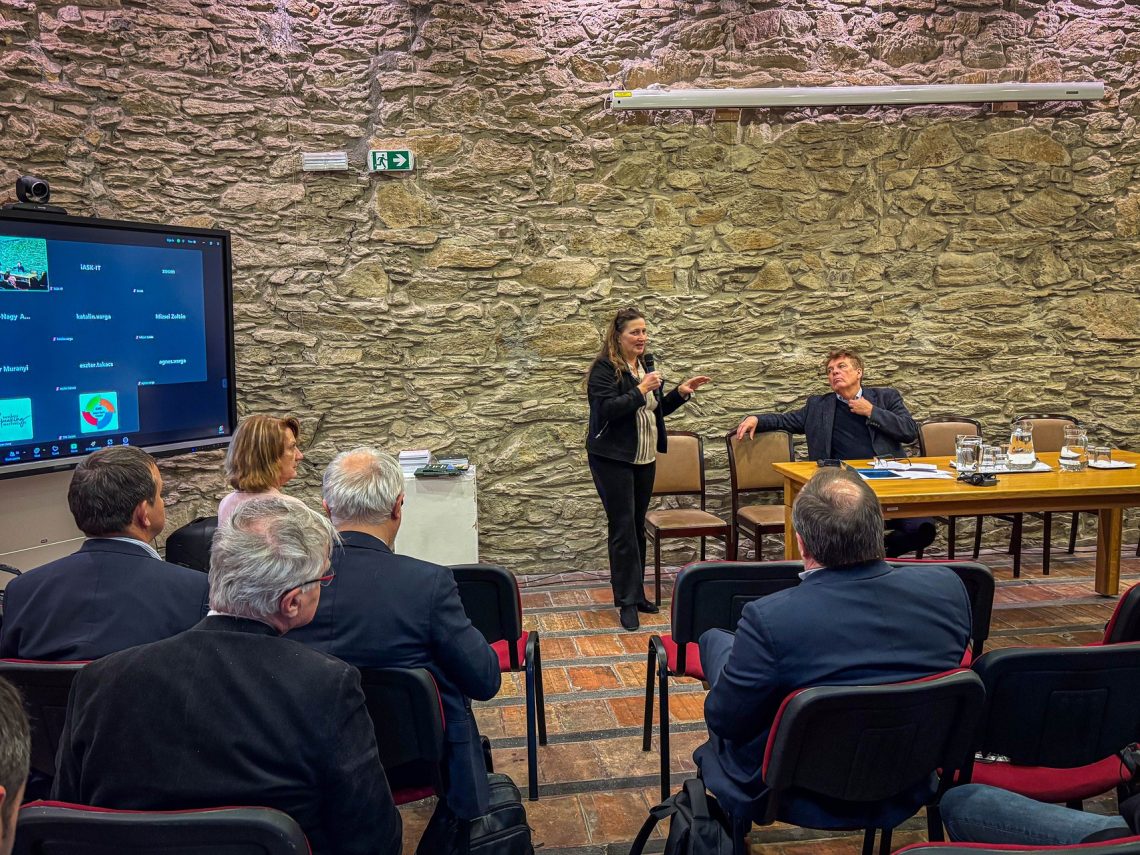
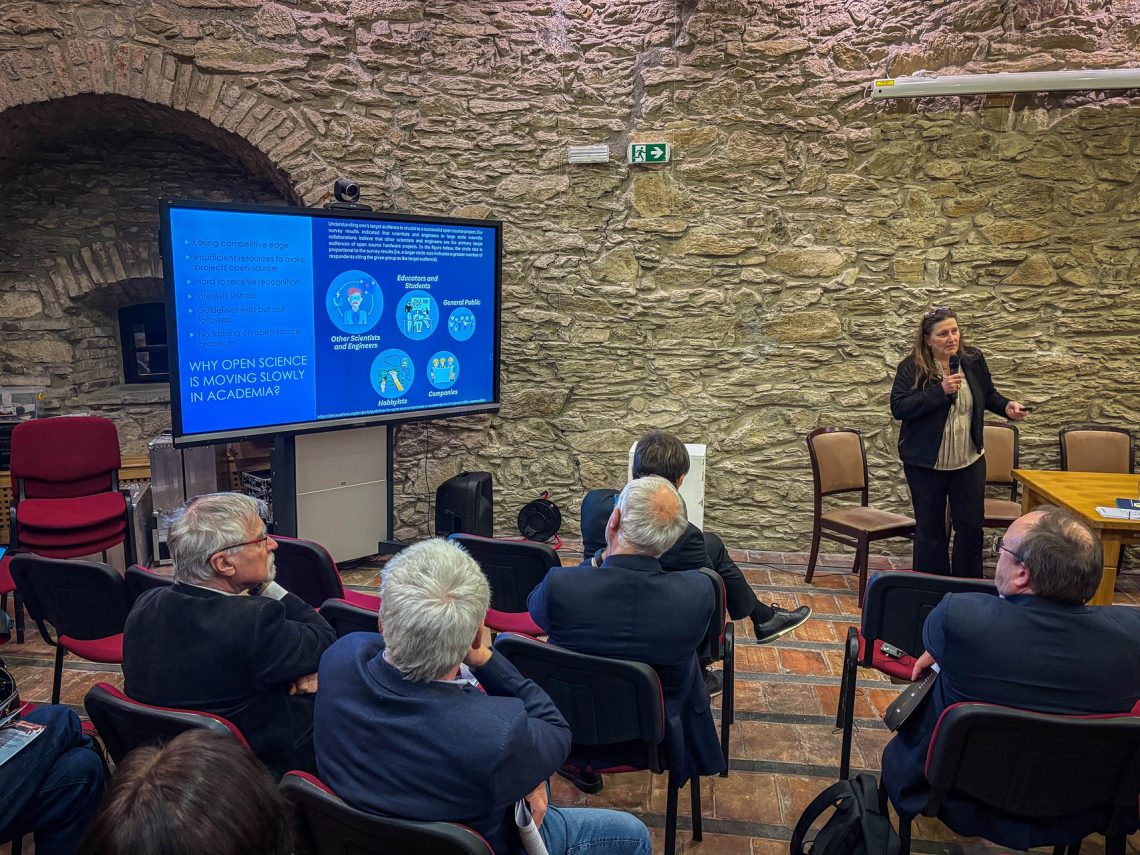
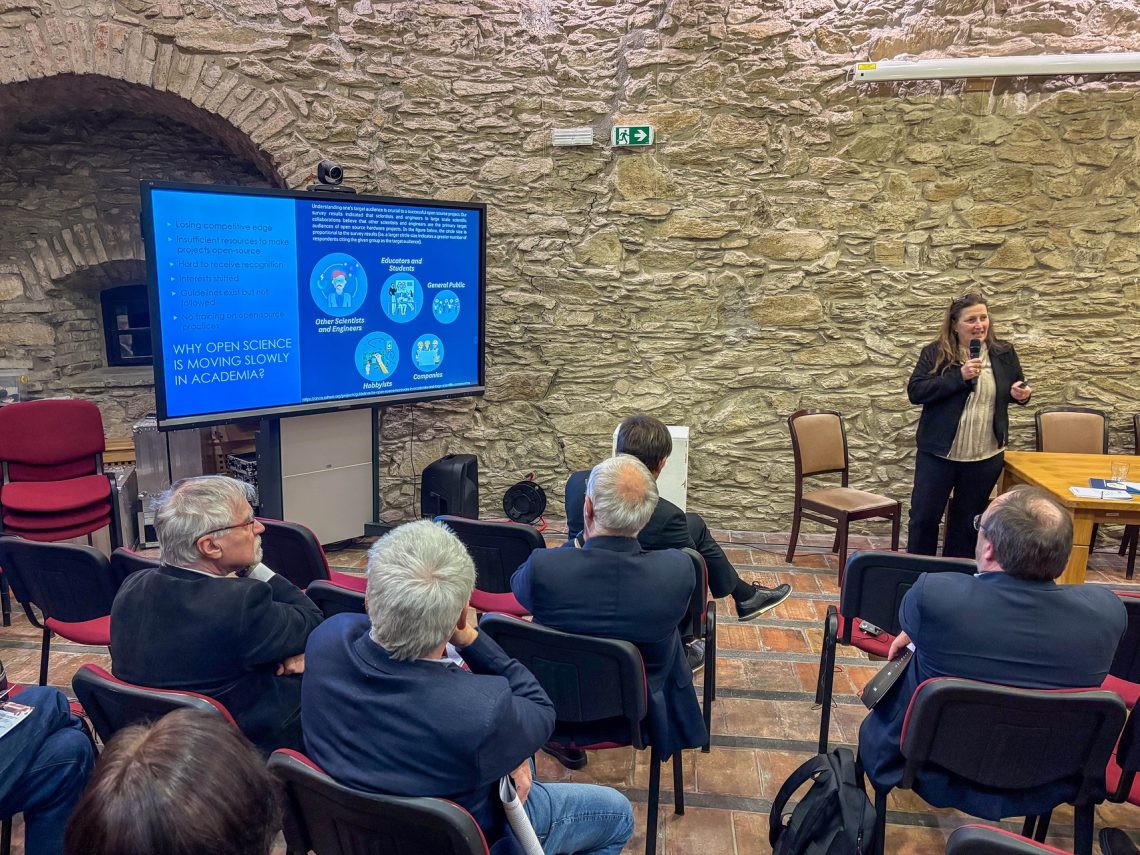
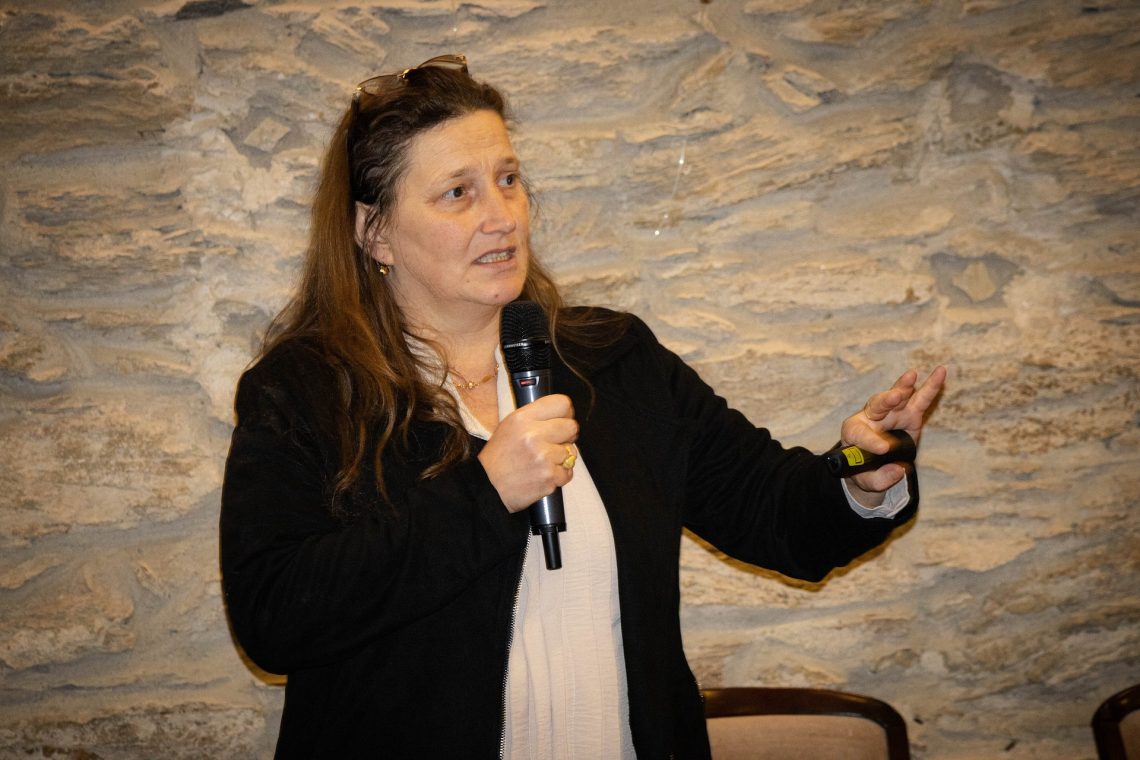
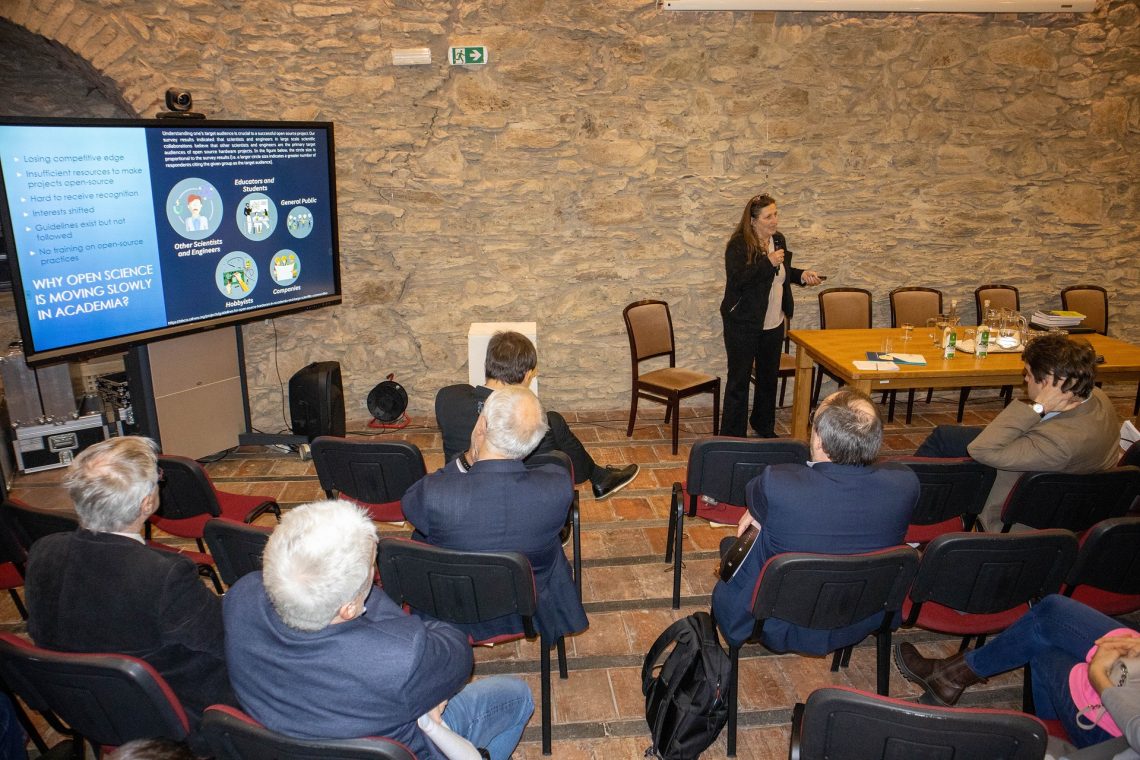
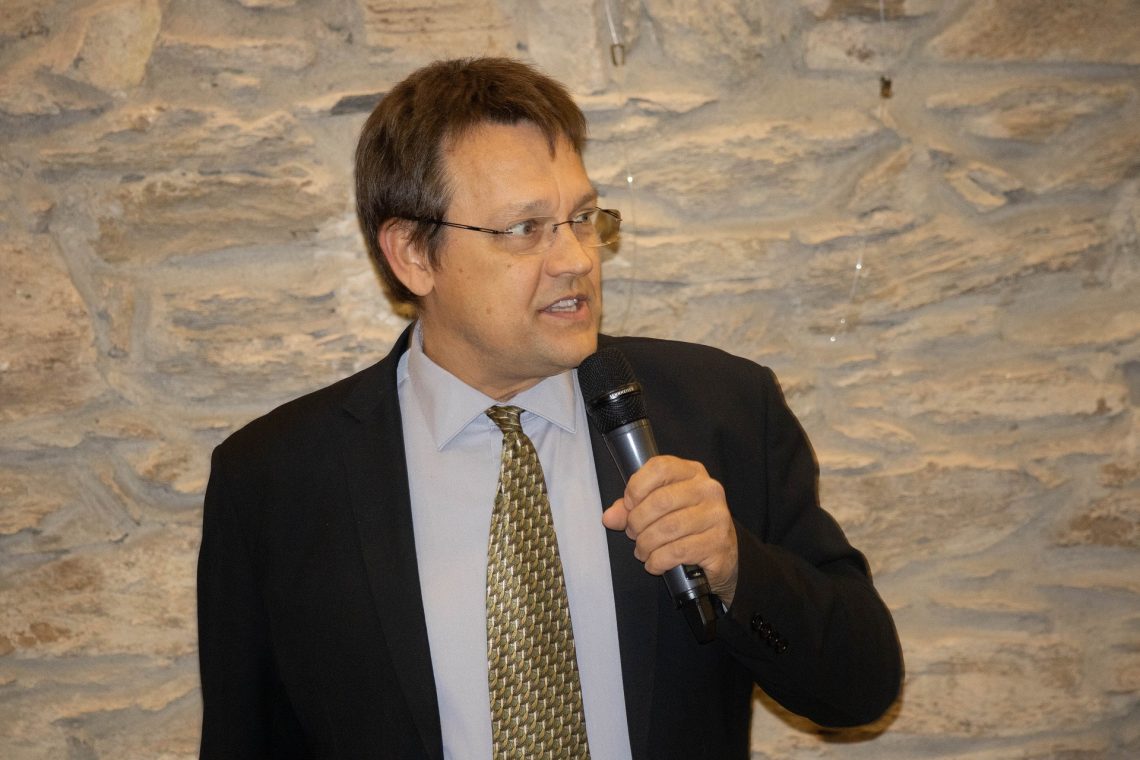
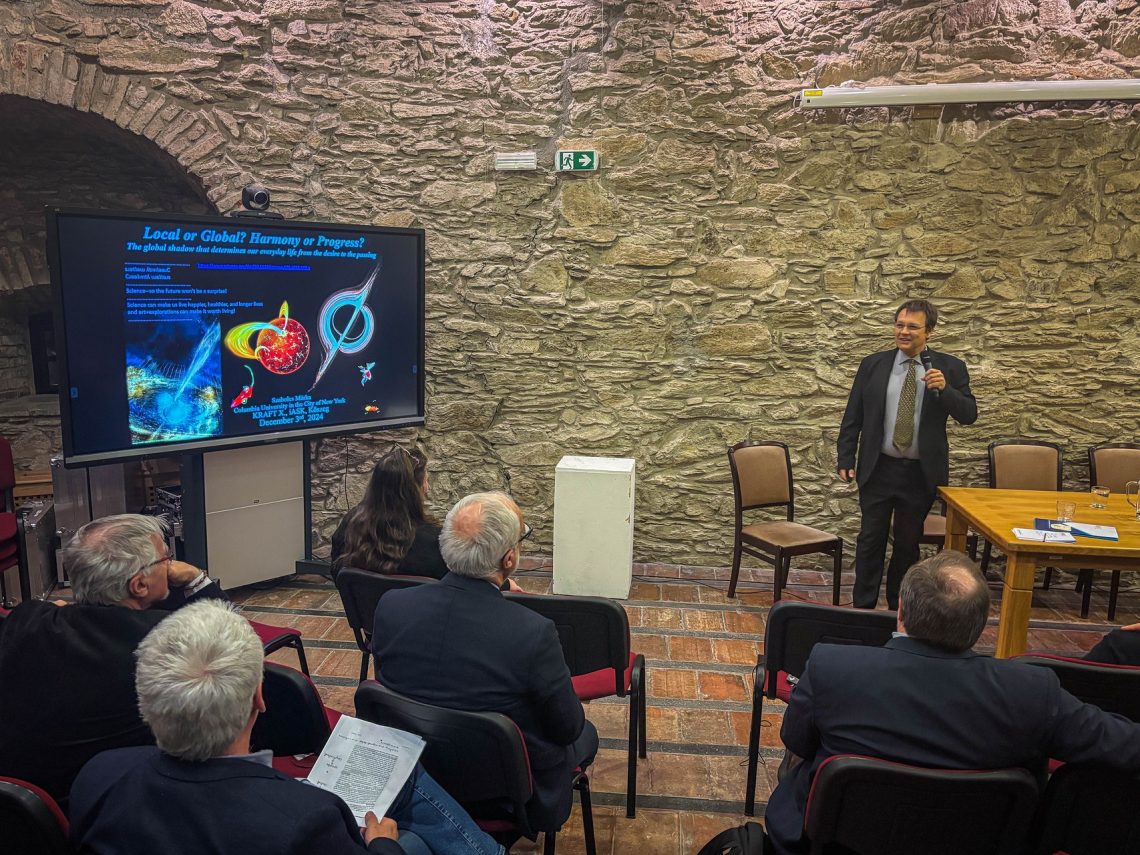
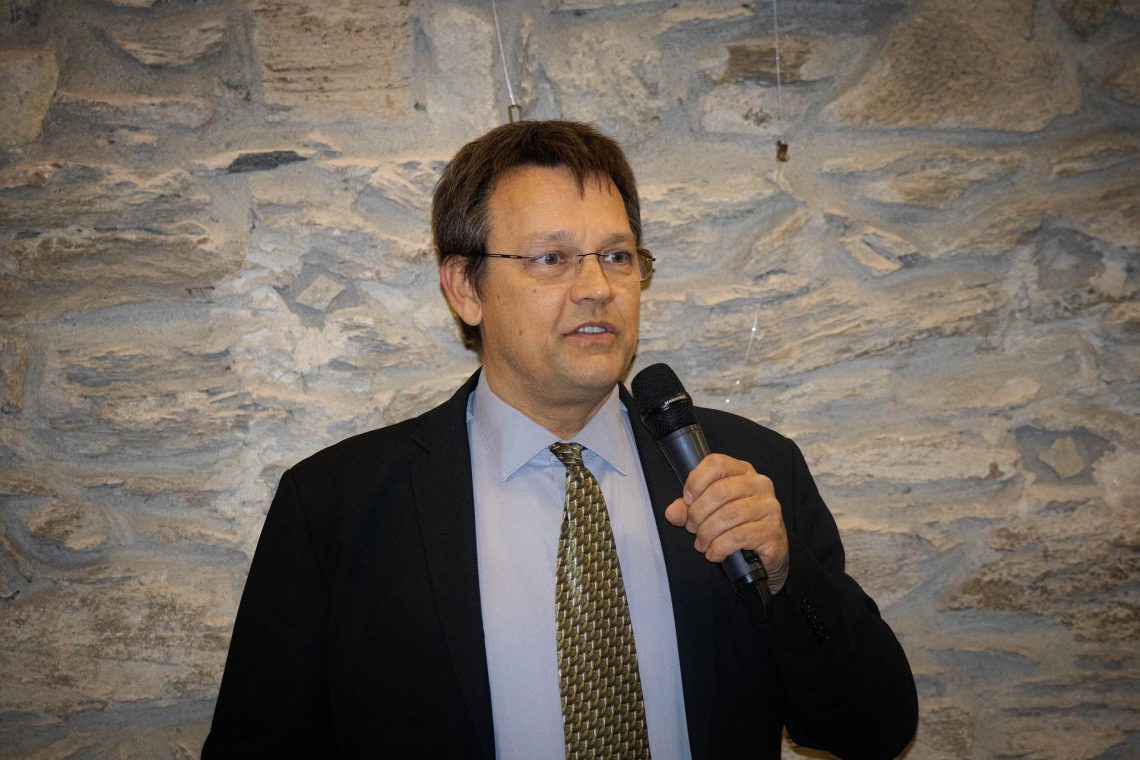
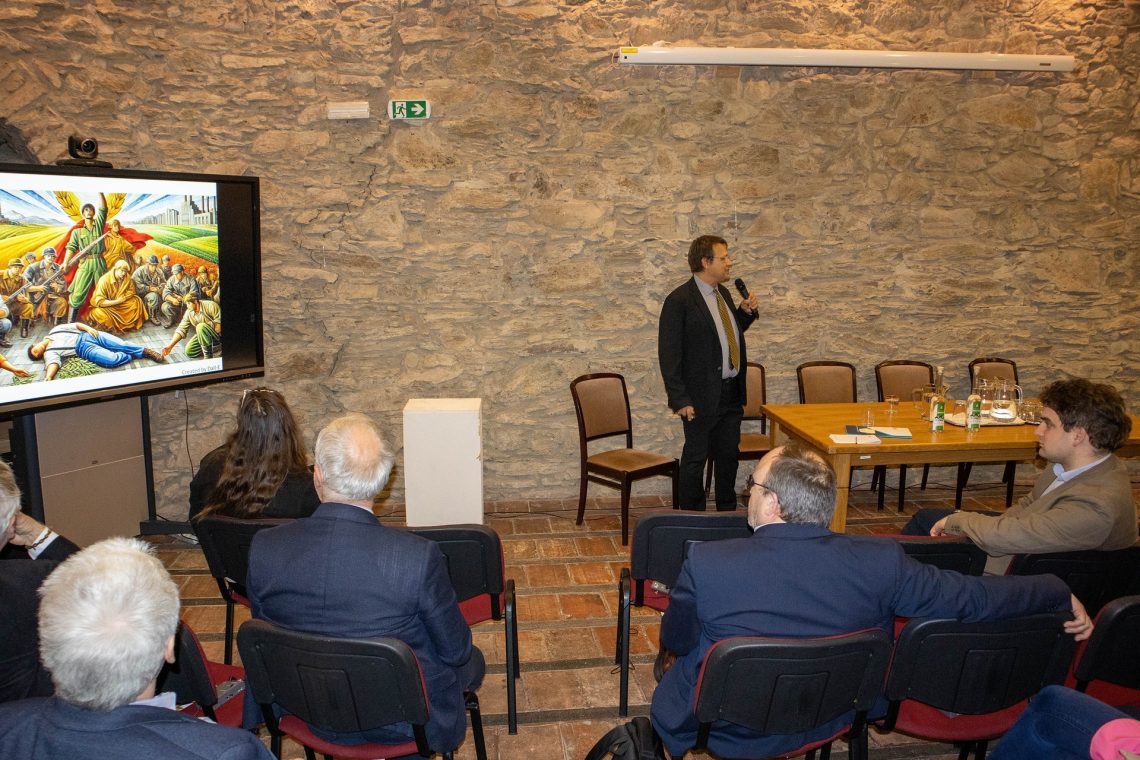
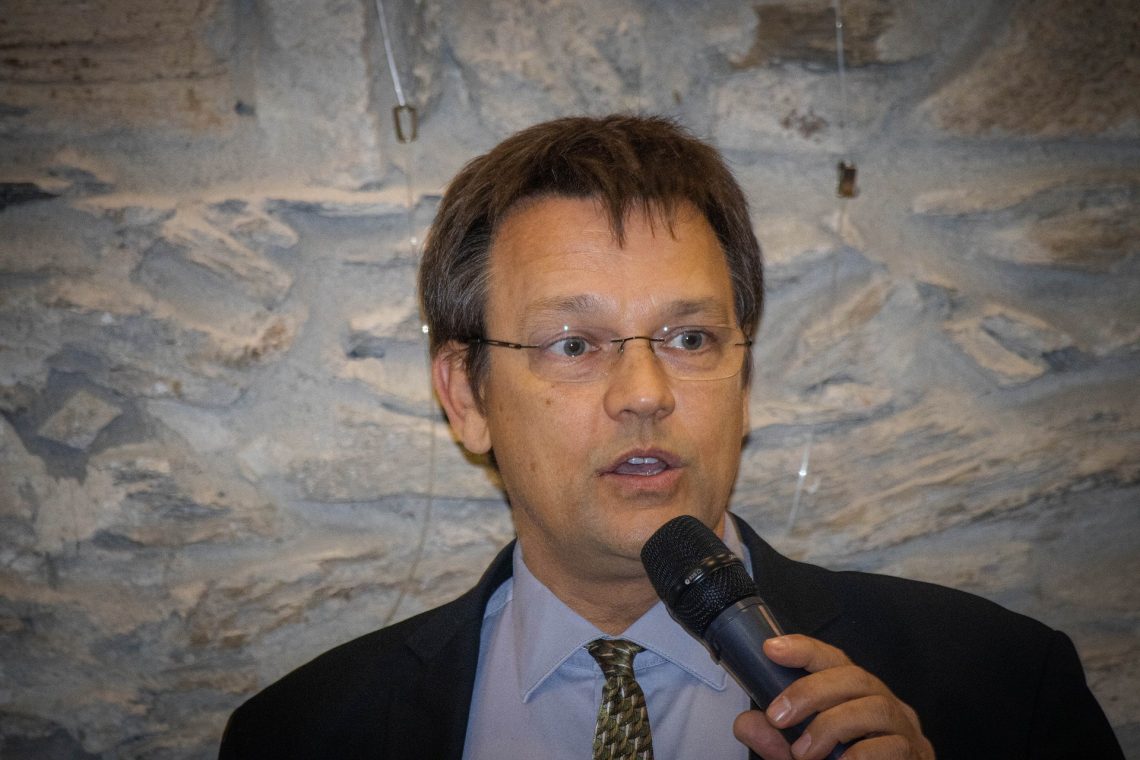
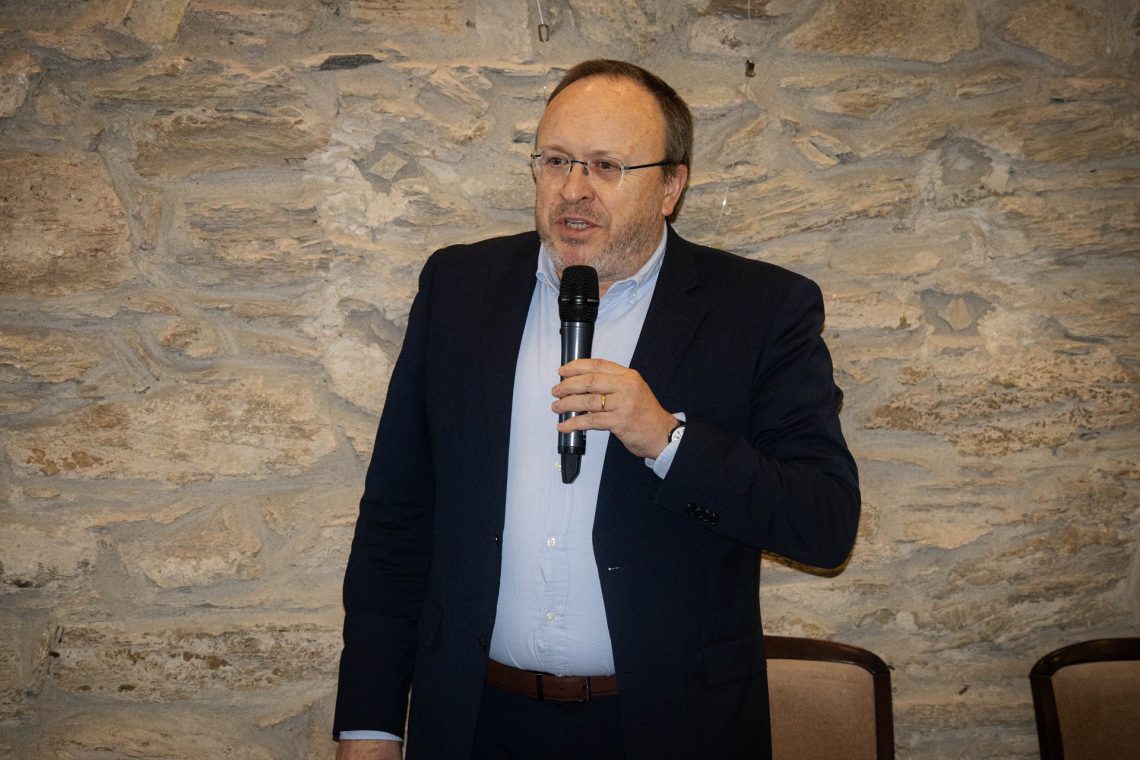
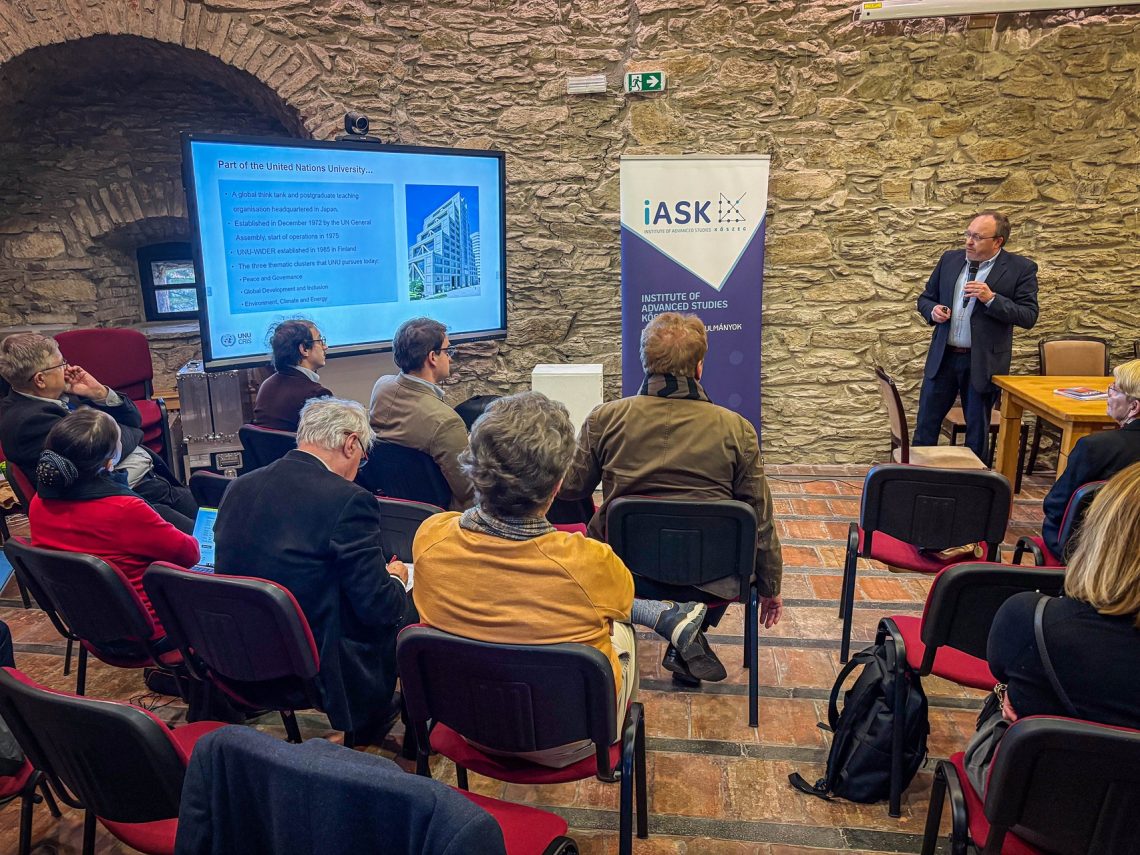
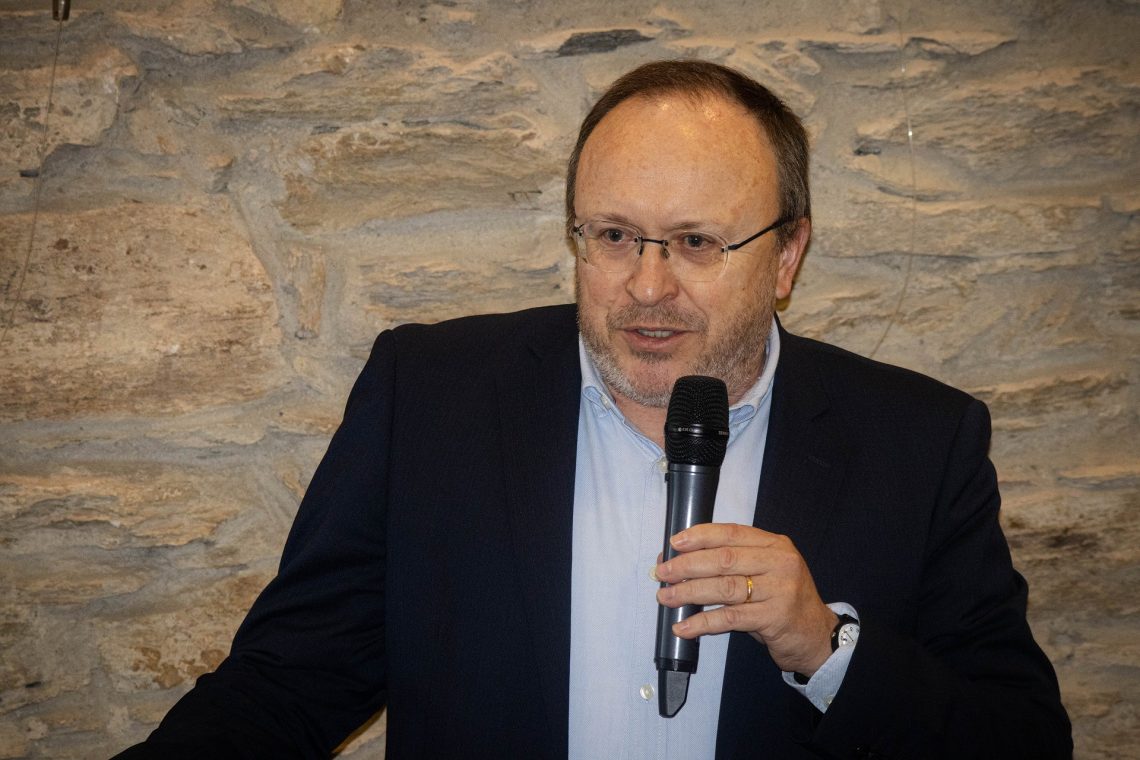
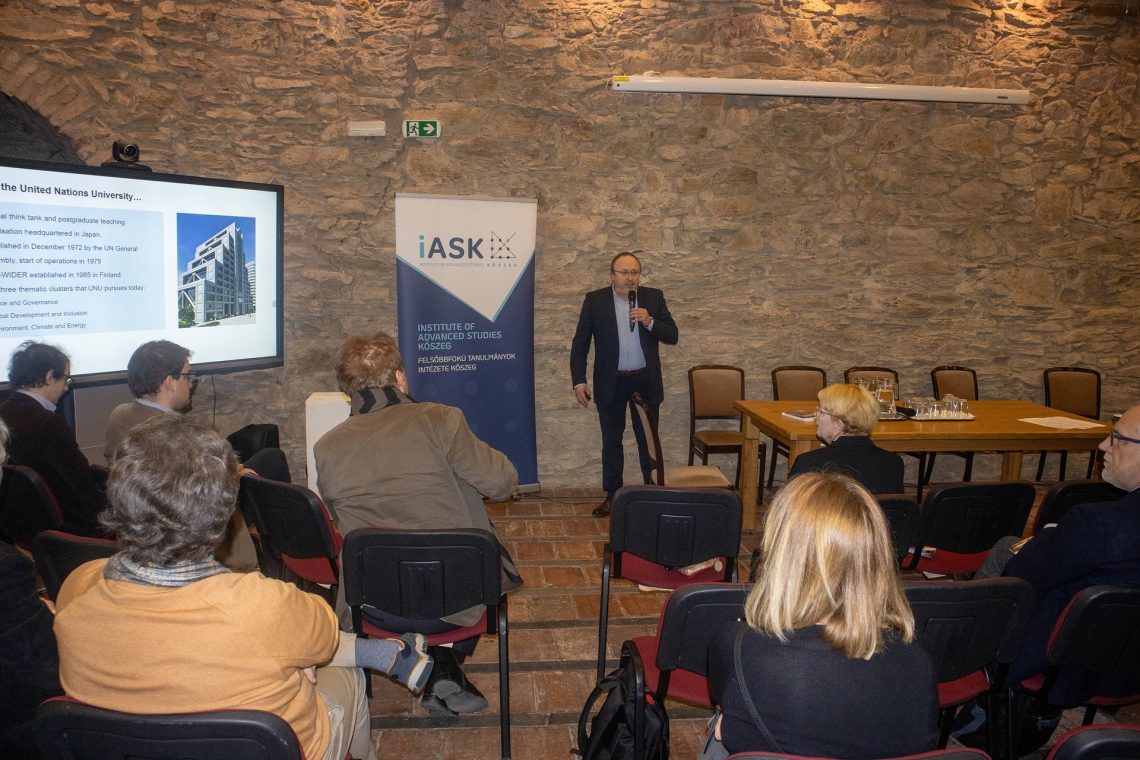
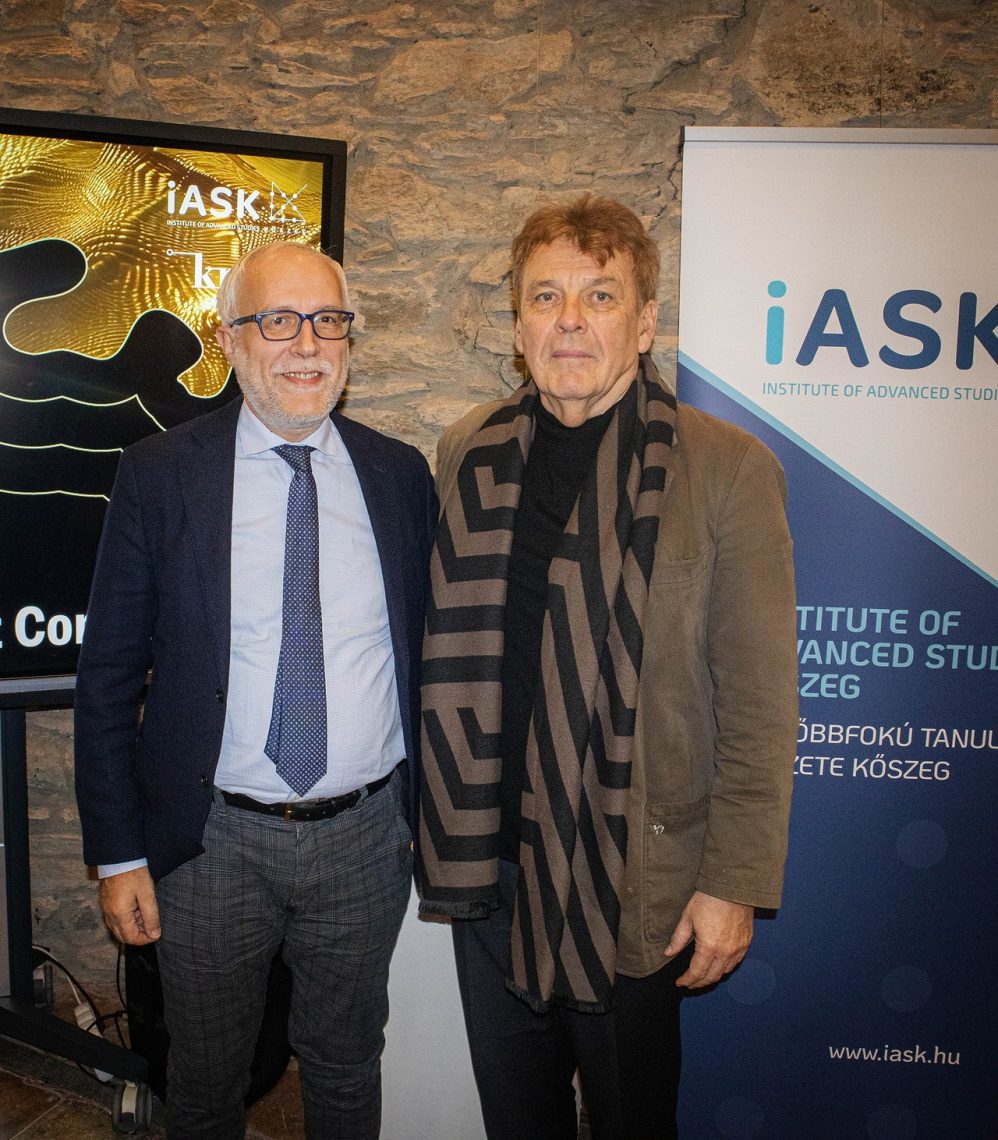
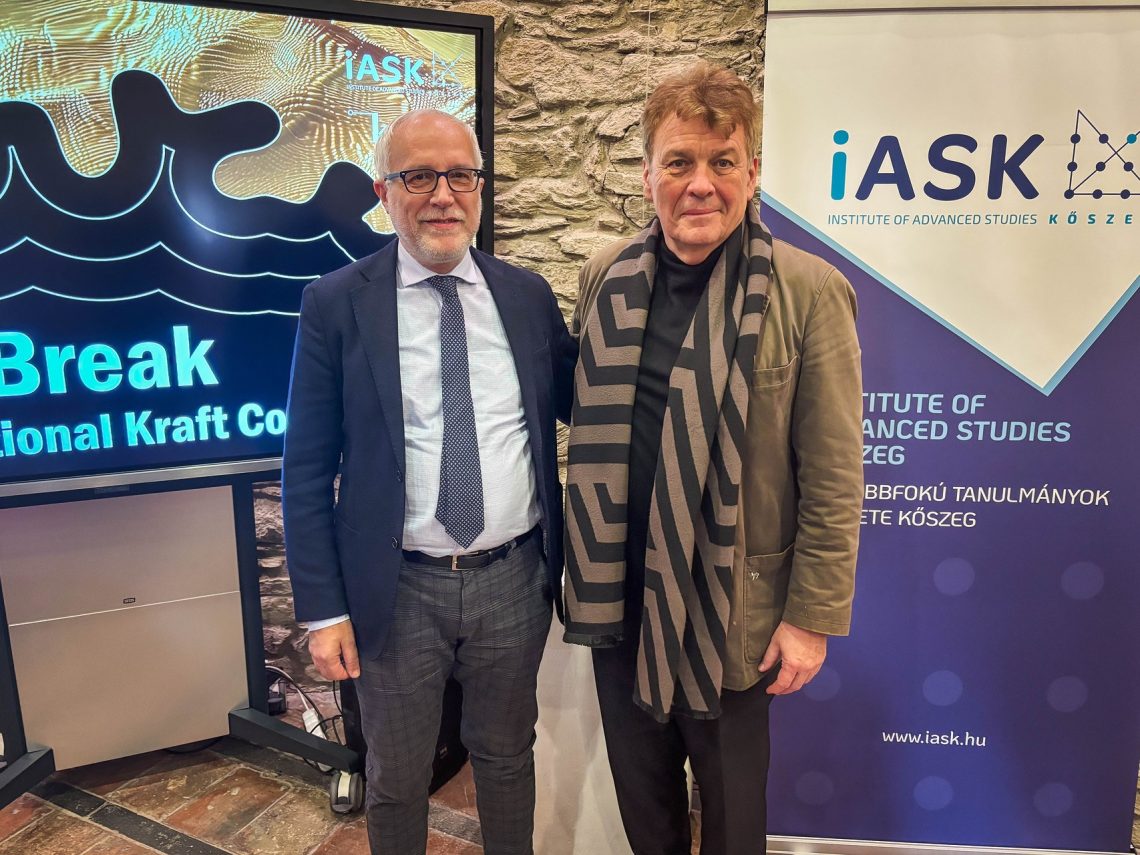
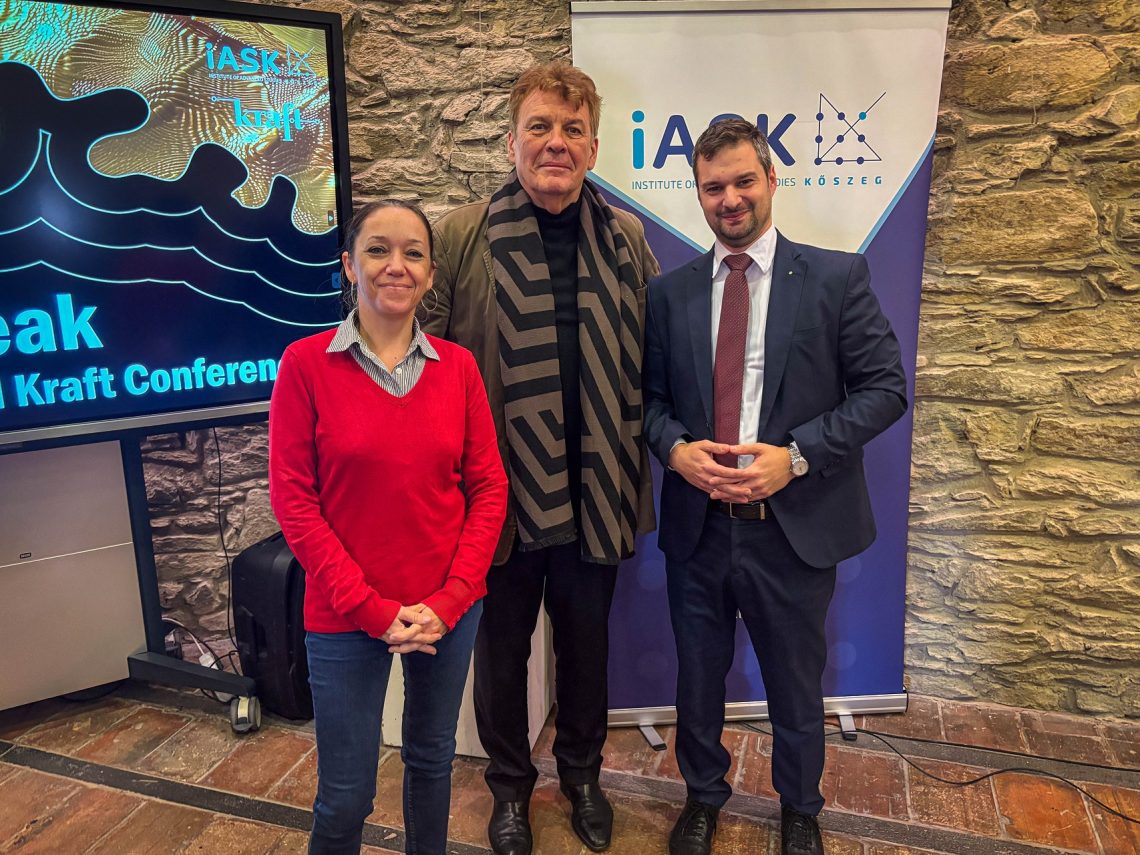
Prof. ZSUZSA MÁRKA: is Associate Research Scientist at Columbia Astrophysics Laboratory, University of Columbia, where she is working as researcher in the LIGO (Laser Interferometer Gravitational-wave Observatory).
Facts and fallacies: the role of AI in educating local citizen scientists
iASK brings together ‘intellectually open, brave, collaborative, creative, and thinking professionals and scientists’. The proliferation of open science augmented with new research and communication tools enabled by artificial intelligence brings the opportunity to raise local talents and engage citizen scientists in research activities while they stay active in their community. In her presentation she discussed best practices for developing open-source citizen science engagement projects and the role of AI as a disruptive innovation.
Prof. SZABOLCS MÁRKA: is an experimental physicist, whose research is focused on the effort to directly detect gravitational waves of cosmic origin, which allows further studying of the cosmic processes and objects unreachable through conventional methods based on electromagnetic observations. Prof. Márka’s present, major interest is astrophysical trigger based data analysis and essential development/diagnostic projects aimed towards enhancing the astrophysical reach and reliability of the Laser Interferometer Gravitational-wave Observatory (LIGO)
SZABOLCS MÁRKA: Local or Global? Harmony or Progress? The global shadow that determines our everyday life from the desire to the passing
„Science shapes and enriches our past, present, and future, yet people seldom witness it in action up close and personal. Local research brings global progress that, in time, reshapes our daily life. Humanity perceives this mysterious force sometimes as a mythic falcon, other times as a majestic great bustard. While we carry the tangible legacy of scientific marvels in our pockets, only a select few experience the exhilarating wonder of discovery firsthand. In our discussion, I look forward to sharing an inside glimpse of groundbreaking science behind the curtains and a taste of the joy it brings. Together, we’ll explore how research, science, and education are deeply interconnected, from creating global knowledge to establishing local knowledge centers, revealing their role as pillars for regional success and development.”
Dr. Philippe De Lombaerde is the Director of UNU-CRIS
PHILIPPE DE LOMBAERDE: Regional Cooperation and Integration: The UNU-CRIS Research Program
Professor Lombaerde’s presentation aimed to introduce the research program which is conducted at the United Nations University Institute on Comparative Regional Integration Studies (UNU-CRIS), based in Bruges. It covered institutional aspects as well as substantial aspects, including conceptual and methodological approaches, and guiding research questions. Avenues for collaboration and partnerships were also explored.